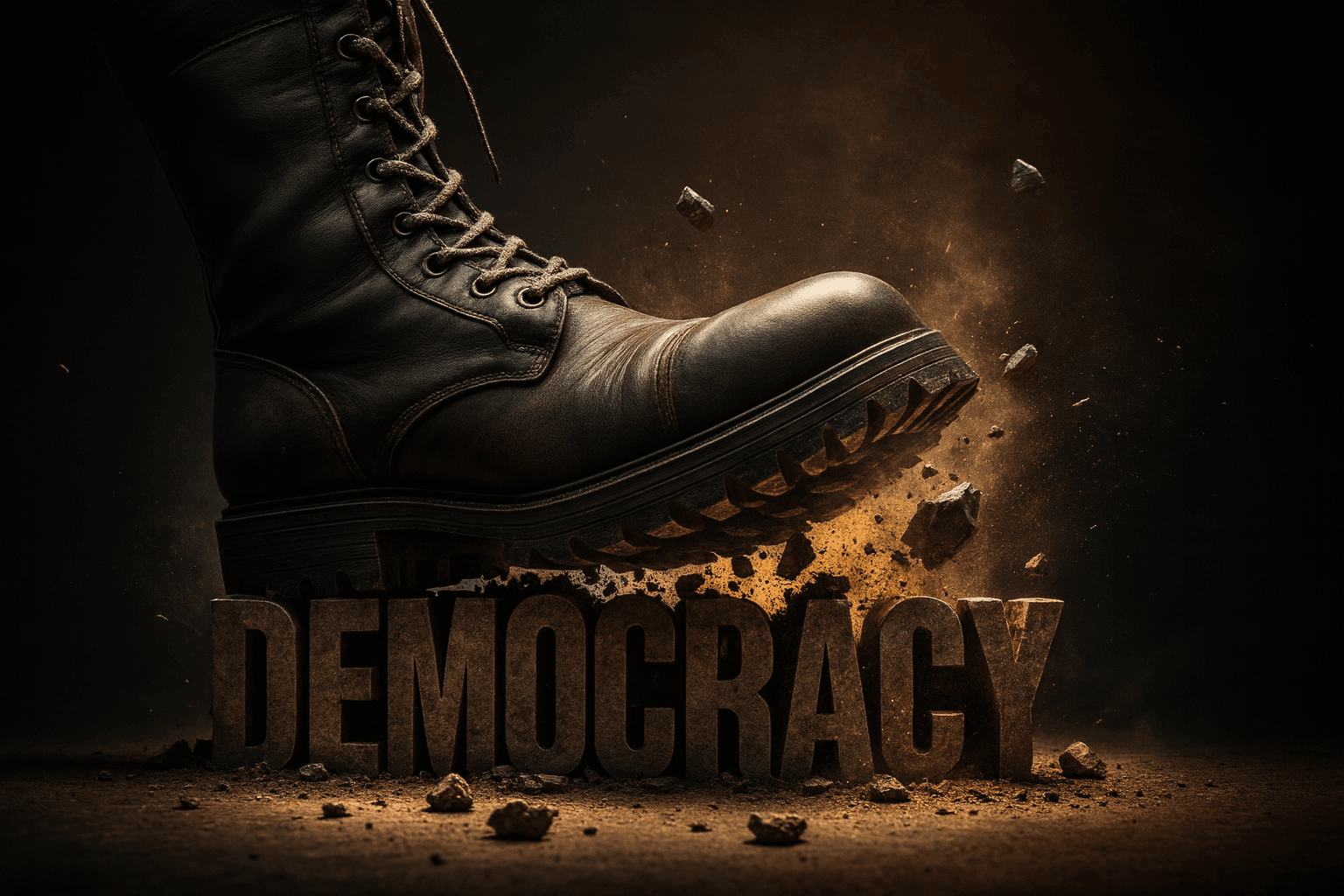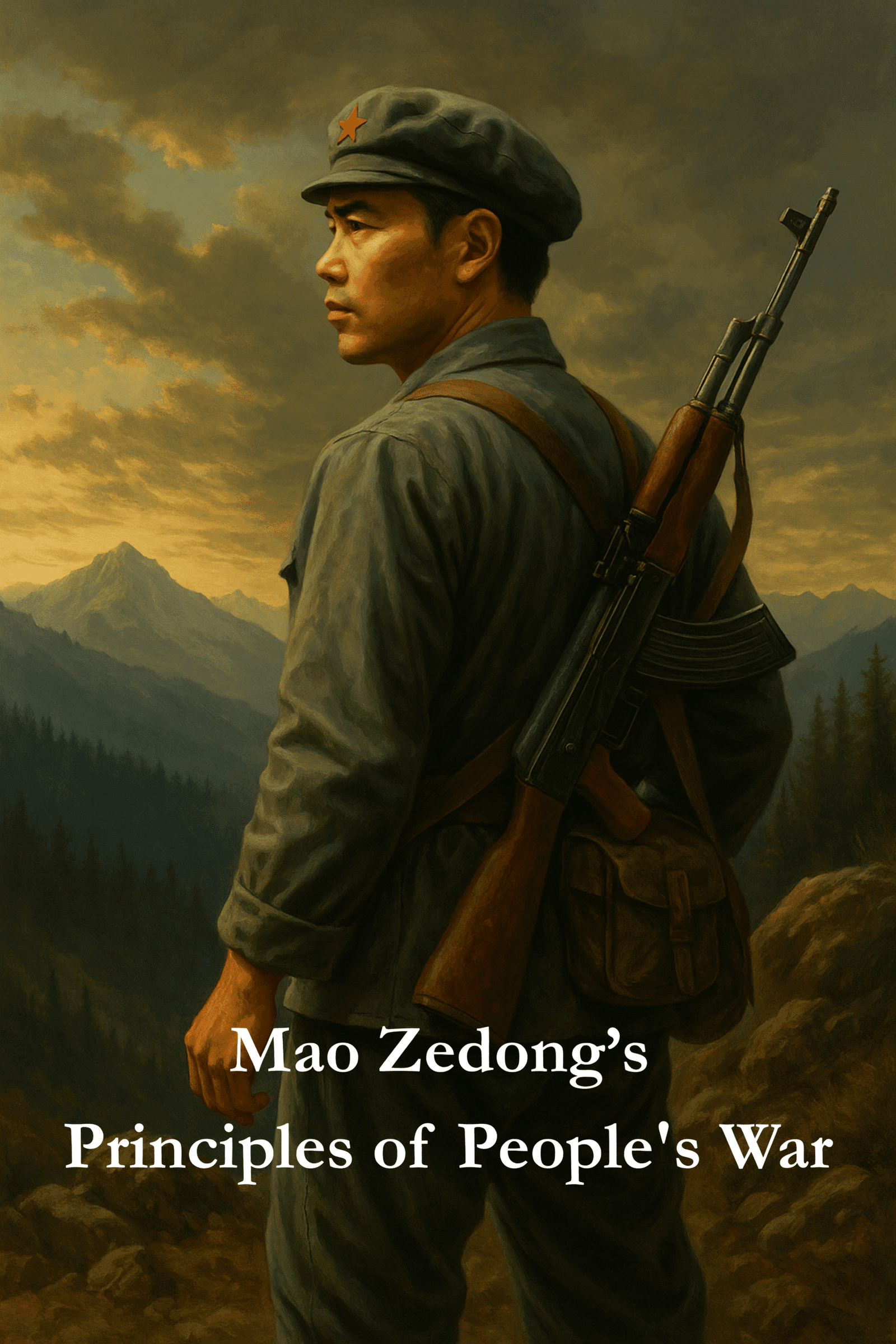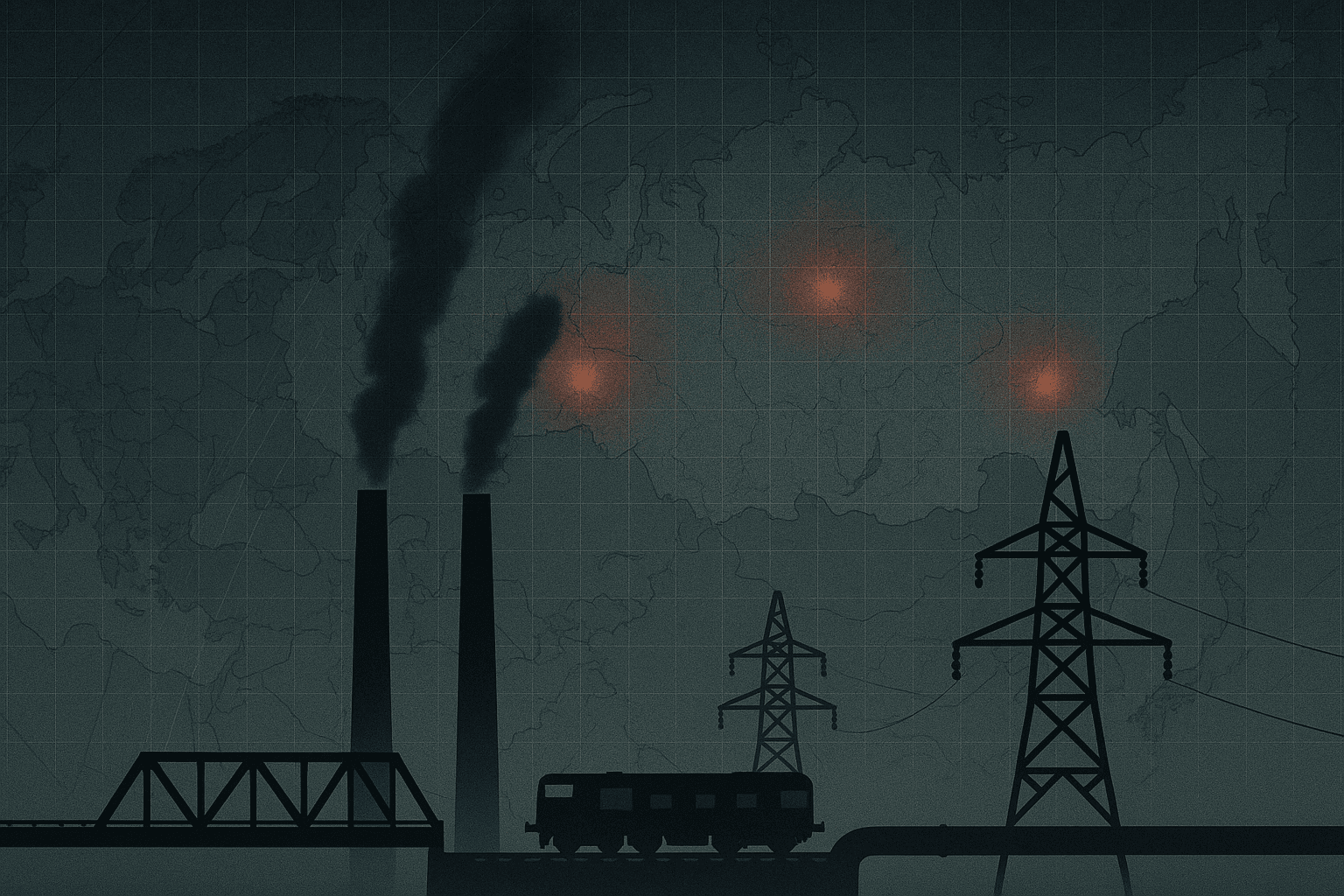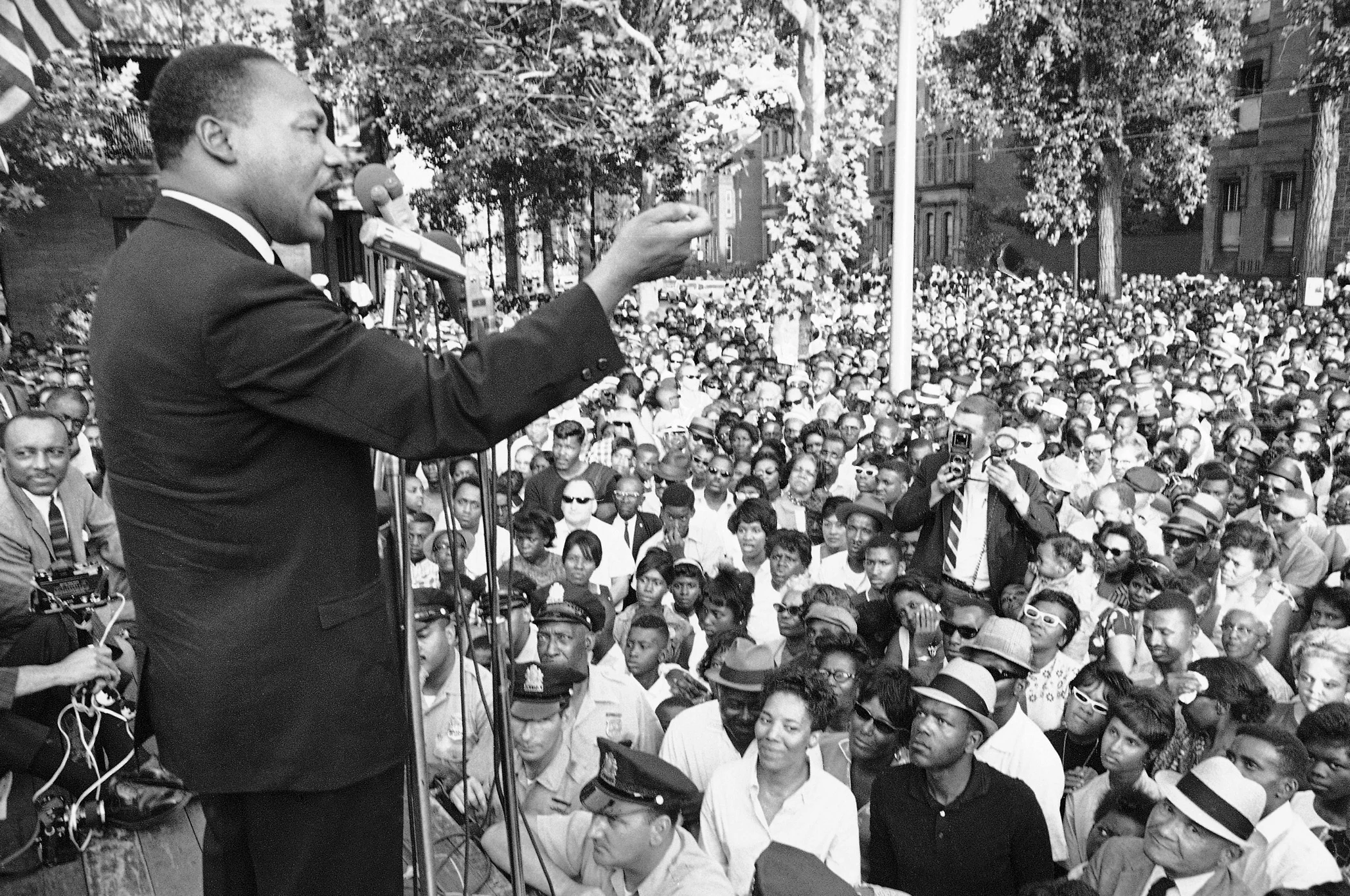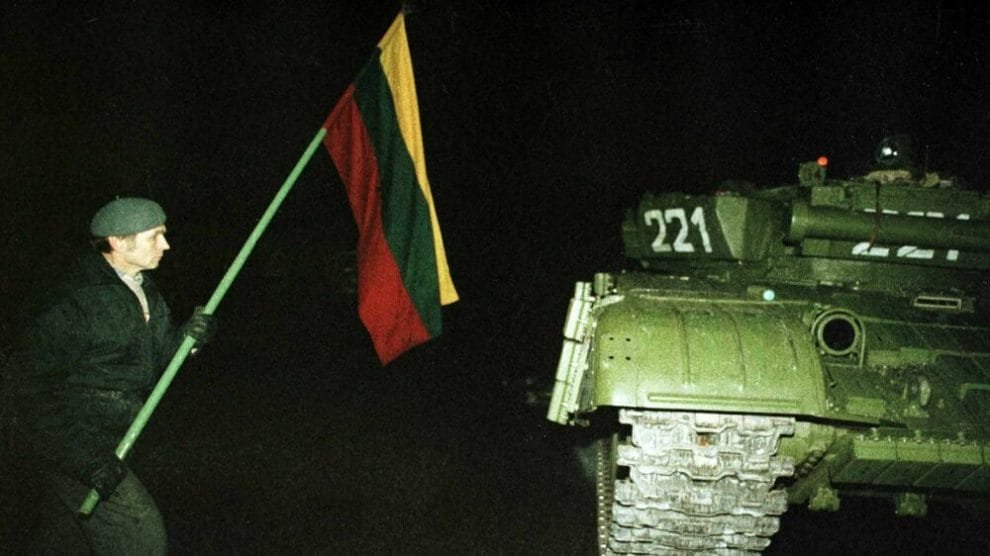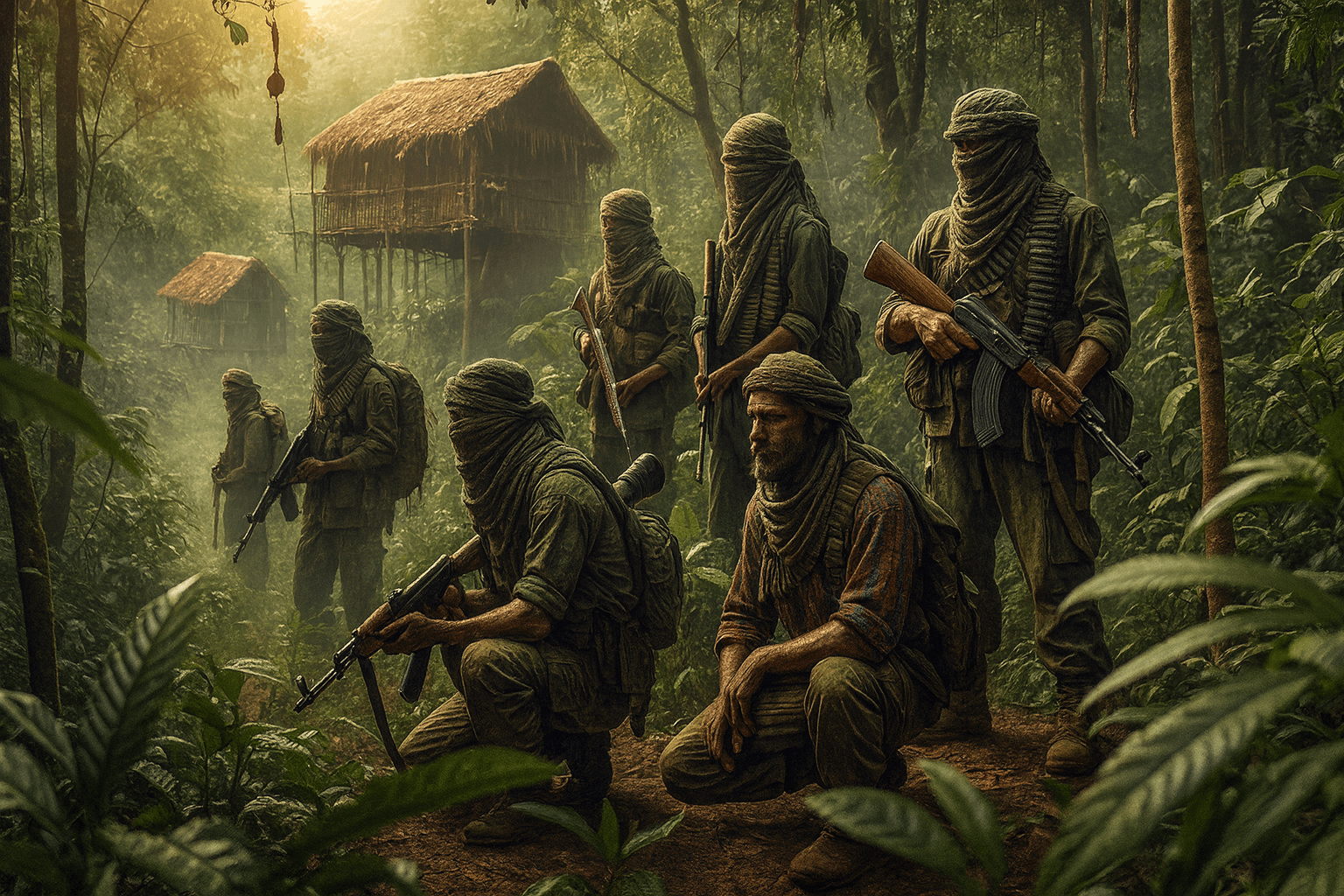Latest posts
If The Shoe Fits…

How to Identify an Authoritarian Government: Key Elements and Actions I asked AI to generate an article to “identify the elements and actions of an authoritarian government.” I then asked it to create five photos to correspond with key points. This article has no human input, so it is completely free of political or other
Introducing Mao Zedong’s Principles of People’s War

Mao Zedong’s Principles of People’s War is a comprehensive yet accessible guide to one of the most influential military doctrines of the 20th century. By distilling Mao’s revolutionary theories into their essential elements, this book offers readers a clear and concise understanding of guerrilla warfare, insurgency tactics, and the strategic principles that shaped conflicts across the
Introducing The Distillery Press

At The Resistance Hub, we recognize that understanding the complexities of resistance, guerrilla warfare, and irregular conflict can be daunting. That’s why we’ve launched The Distillery Press—a publishing initiative dedicated to stripping away excess and making foundational theories accessible to everyone. We take the core principles of historical and modern resistance movements. Then, distill them
Recent Acts of Sabotage in Russia and Eurasia

Sabotage has played a significant role in conflicts throughout history. In the ongoing war between Russia and Ukraine, it has become a crucial tactic. Attacks on infrastructure, military targets, and logistics networks disrupt Russian operations. These acts slow down troop movements, delay supplies, and create uncertainty. Recent reports reveal a pattern of increasing sabotage inside
Student-Led Protests in Serbia: A Case Study in Resistance Mobilization

The streets of Serbia have erupted in student-led protests after a tragic train disaster. Accusations of government corruption have fueled public outrage, turning grief into organized resistance. In both Belgrade and Novi Sad, demonstrators have blocked roads and bridges, demanding accountability. Many argue the tragedy was preventable and the result of systemic graft. The disaster
Martin Luther King Jr. and the Civil Rights Movement

More Than Morality—A Strategy for Change The American Civil Rights Movement of the 1950s and 1960s remains one of the clearest examples of how organized, non-violent resistance can shift the course of history. Led by Martin Luther King Jr., the movement combined moral courage with sharp tactical awareness. It didn’t just speak truth to power—it
Recent Developments in Guerrilla Warfare: A Global Perspective

In recent months, guerrilla warfare has shaped conflicts worldwide, highlighting its adaptability and resilience amid shifting political and military landscapes. From peace negotiations to the evolution of tactics on the battlefield, here are the most significant developments related to guerrilla warfare worldwide. Colombia: A Mixed Path of Negotiation and Renewed Violence Colombia remains a focal

